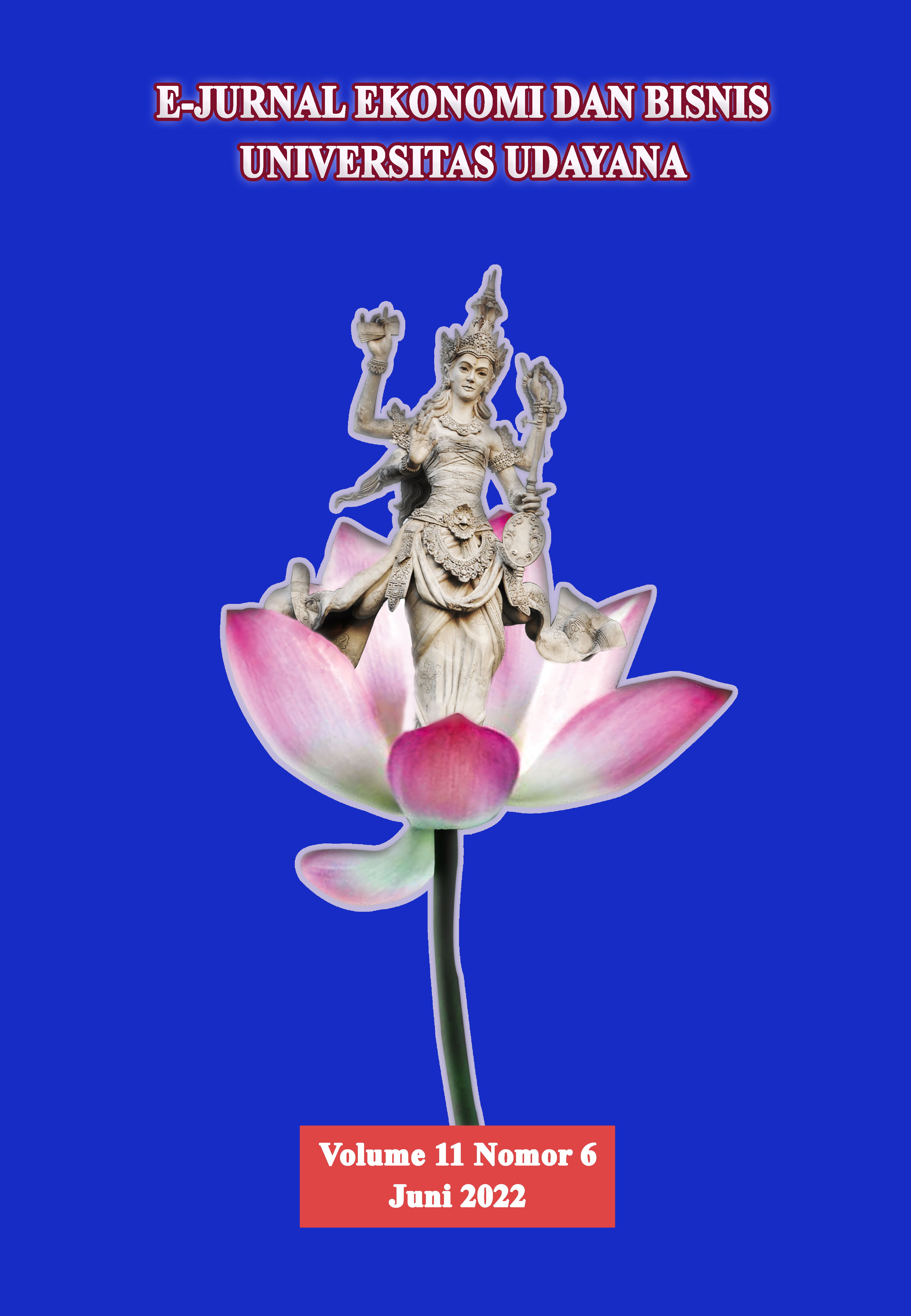RELIGIUSITAS MEMODRASI PENGARUH SIFAT MACHIAVELLIAN DAN LOVE OF MONEY PADA PERSEPSI ETIS TAX EVASION
Abstract
The purpose of this study was to obtain empirical evidence of the influence of Machiavellian traits and love of money on ethical perceptions of tax avoidance, and to obtain empirical evidence of religiosity moderating the effect of Machiavellian traits and love of money on ethical perceptions of tax avoidance. The method of determining the sample using purposive sampling technique, namely the selection of samples with certain criteria, with respondents obtained as many as 178 tax consultants. The data analysis technique used is Moderated Regression Analysis (MRA). The implications of this research include two things, namely application and practical application. The implications relate to the contribution of this research to attribution theory related to Machiavellian traits, love of money, religiosity and its influence on ethical perceptions of tax avoidance. The practical implications relate to the contribution of research to Tax Consulting Offices throughout the Province of Bali in weakening the ethical perception of tax avoidance. The results of the analysis show that Machiavellian traits and love of money have a positive effect on perceptions of ethical tax avoidance, and religiosity weakens the negative influence of Machiavellian traits and love of money on perceptions of ethical tax avoidance at Tax Consulting Offices in Bali Province.


















